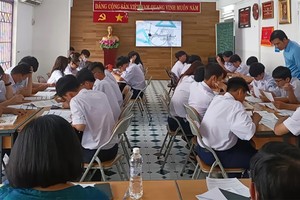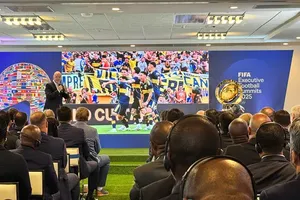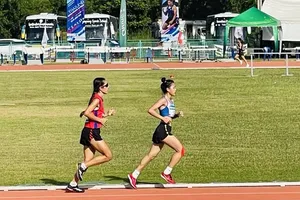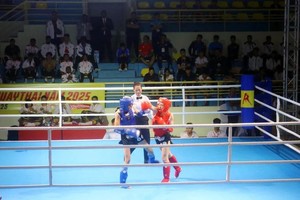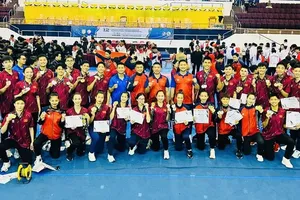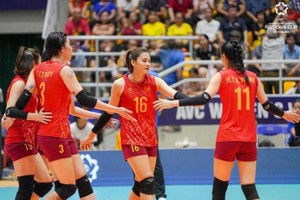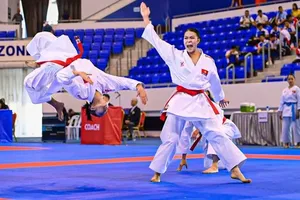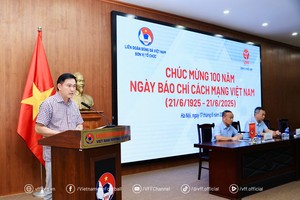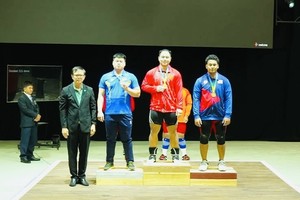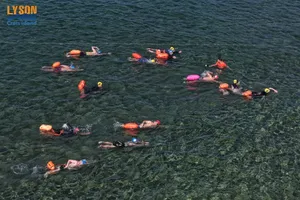BAGHDAD, June 13, 2011 (AFP) - The contested president of the Iraqi Football Federation (IFA), Hussein Said, who lives in exile in Jordan, announced his resignation Monday to end a long-standing dispute that has paralysed the body.
"I am resigning to allow the federation to continue its work and maintain the unity of football away from Iraqi sectarianism and political interference," he wrote in a letter Monday to the federation and an election committee, a copy of which was seen by AFP.
For the past two years Said had been locked in a dispute with Iraq's Shiite-dominated government over his past ties to the regime of Saddam Hussein, who was ousted in the 2003 US-led invasion.
Said had served as a deputy to Saddam's younger son, Uday, but has denied he was ever a member of the Iraqi dictator's Baath party.
Last August, world football's governing body FIFA gave Iraqi football chiefs a one-year deadline to settle their differences after elections last July to the IFA board fell into disarray.
"I worked as president of the IFA despite all the unfair accusations made by people outside Iraqi sports, forcing me to away from my country," said Said, who is currently in Dubai.
He confirmed the resignation in a telephone interview from the emirate, telling AFP that, "the situation became very complicated and I could not work under these conditions."
After several previous postponements, last Saturday the IFA decided to hold elections next Thursday. It was was awaiting approval from FIFA, football's world governing body.
But FIFA had sought assurances from the IFA that Said could return to Iraq without fear of prosecution for previous ties to the ousted regime.
FIFA lifted its suspension on Iraq on March 19, 2010, after a solution was reportedly found in the spat.
But about a week before a new IFA election was due to take place, soldiers sought to arrest Said and three other senior officials on corruption charges.
Two rival general assemblies were then held in the Iraqi capital Baghdad and in the northern city of Arbil on July 24, prompting the IFA to postpone elections of a new executive committee.
World football chiefs had suspended the IFA in November 2009 after Iraqi police seized control of the association's offices and its board was dissolved on charges of links to Saddam Hussein.
FIFA then demanded the reinstatement of the association's executive committee and threatened to ban Iraq from international matches over "governmental interference in the electoral process" of the IFA.
Iraq was also briefly sidelined from international football in May 2008, after the government dissolved the national Olympic Committee a year after the national side won the Asian Cup.
Born in 1958, Said was chosen as chairman of the IFA in 2004, but he began facing stiff opposition and hurdles shortly after by Shiite religious parties.
He left Iraq for Jordan in 2006, after the kidnapping of Ahmad al-Hadjia, former head of the Iraqi Olympic Committee, who is still missing.
